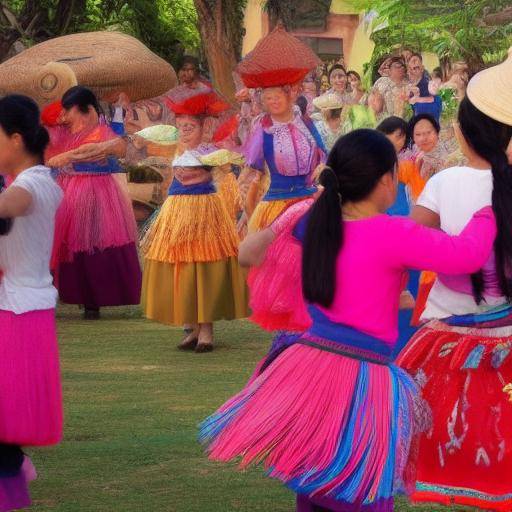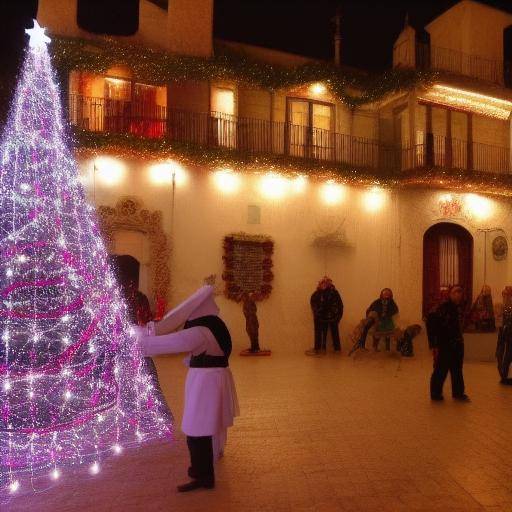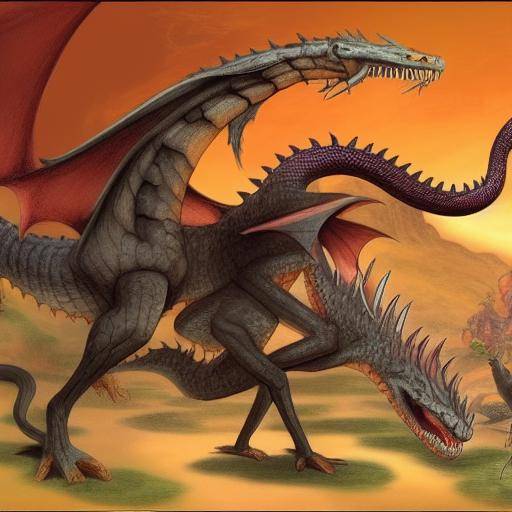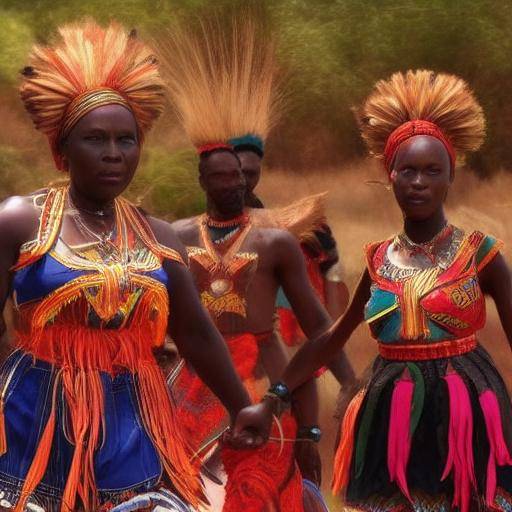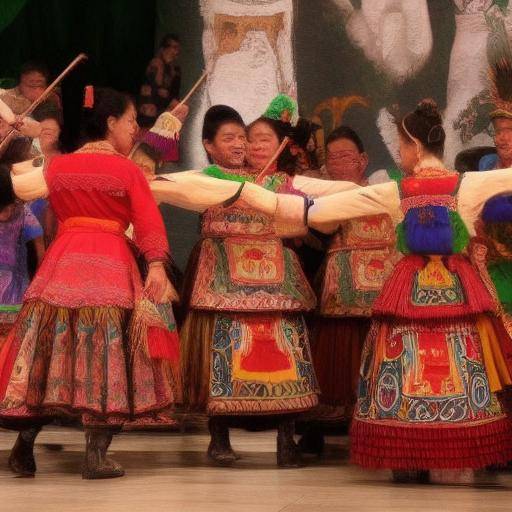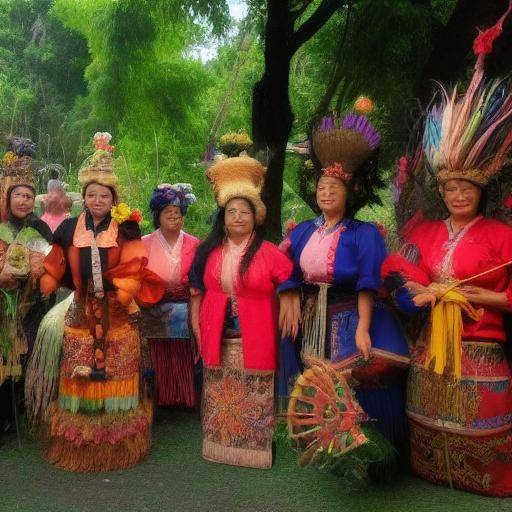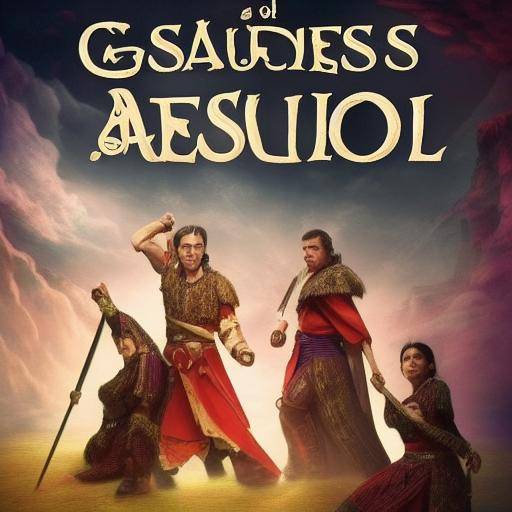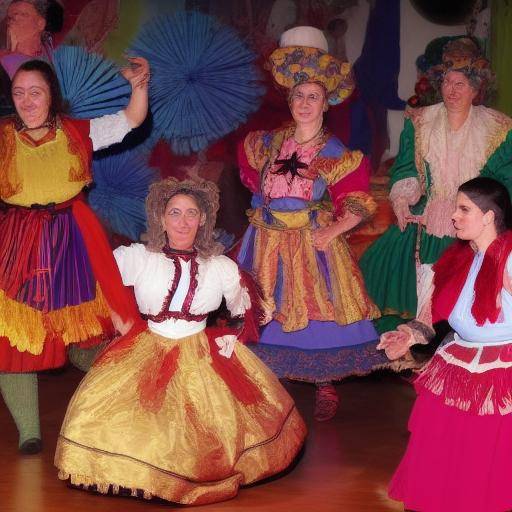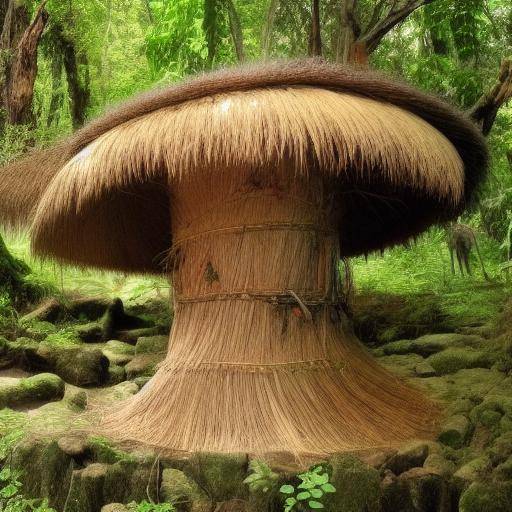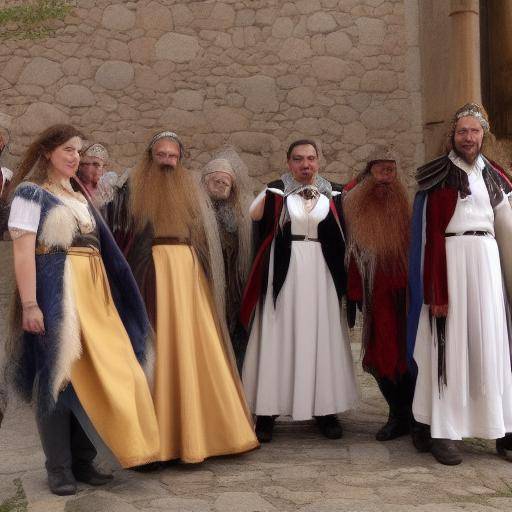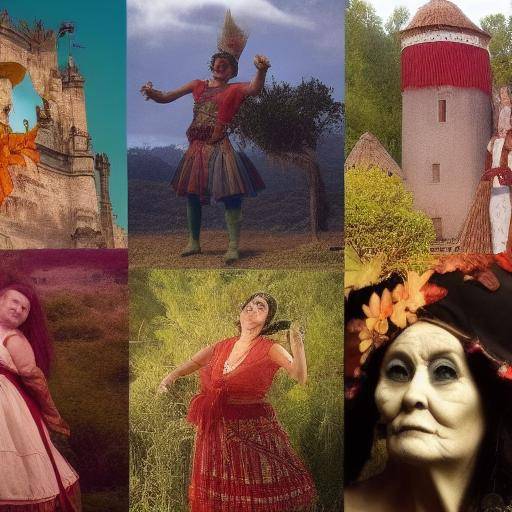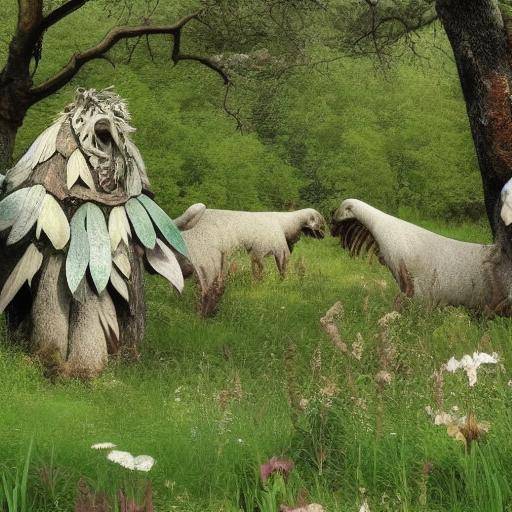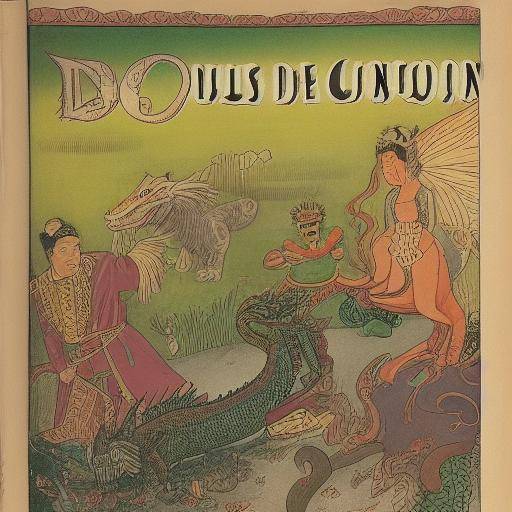
In the rich cultural fabric of Latin America, the myths of nature occupy a central place. Over the centuries, these stories have captured the imagination of generations, transmitting ancestral wisdom and deep respect for the natural environment. In this article, we will explore the rich heritage of the myths of nature in Latin American folklore and the legends that have endured over time.
Introduction
The myths of nature, an essential part of Latin American folklore, have been transmitted orally from generation to generation, revealing the beliefs, values and worldview of pre-Columbian cultures and their descendants. On this journey through Latin American mythology, we will discover the diversity of these stories, from the powerful deities of the Amazon rainforest to the legends of the snowy peaks of the Andes.
History and Background
The myths of nature in Latin America have their roots in pre-Columbian civilizations, such as Aztecs, Mayas, Incas and many other indigenous peoples whose lives were closely linked to land, rivers, forests and mountains. These narratives reflect the profound spiritual and practical connection with the natural environment, illustrating the interdependence between humanity and nature.
Origins and Evolution
The arrival of European colonizers and the subsequent mix of indigenous traditions with European and African influences generated a rich amalgam of myths and legends. These stories deeply rooted in the cultural identity of Latin America, resisting the test of time and preserving the visions of the pre-Columbian world in the soundscape of the region.
Significant Historical Moments
Cultural syncretism during the colonial period and the struggles for the independence of Latin American nations also influenced the narrative of the myths of nature. These stories served as a source of inspiration and resistance, helping to forge the identity of the emerging Latin American nations.
Analysis in Deep
The myths of nature continue to play a significant role in everyday life and the festive traditions of many Latin American communities. These stories not only entertain, but also convey lessons on respect for nature, harmonious coexistence with living beings and the importance of preserving ecological balance.
Comprehensive review
Urban expansion and globalization have challenged the permanence of these myths. However, many efforts to revitalize cultural heritage and preserve immaterial heritage are helping to keep these traditions alive, allowing present and future generations to connect with their roots through the accounts of nature.
Comparative analysis
What are the similarities and differences between the myths of nature, Latin American folklore and legends? Despite their distinctive nuances, these elements converge in their representation of the Latin American worldview, offering various perspectives on the relationship between humanity and the natural environment.
Practical Tips and Accessible Recommendations
Preservation import
The preservation of the myths of nature is fundamental to safeguarding the cultural diversity of Latin America and promoting appreciation of the different forms of knowledge. Supporting conservation initiatives, promoting intercultural education and participating in activities that disseminate and celebrate these narratives contributes to their perpetuity.
Connection with Nature
The myths of nature, Latin American folklore and legends offer valuable lessons on harmony with the natural environment. Incorporating these lessons into environmental education and sustainability initiatives promotes greater ecological awareness, fostering a deeper link between people and nature.
Conclusions and FAQs
Conclusions
The myths of nature in Latin American folklore represent a vivid expression of the rich history and cultural diversity of the region. Through these narratives, Latin American communities have preserved their ancestral relationship with nature, transmitting wisdom and values that remain relevant today.
Frequently asked questions
1. What is the importance of the myths of nature in Latin American cultures?
The myths of nature are essential to understanding the worldview and relationship of Latin American cultures with the natural environment. These stories reflect not only spiritual beliefs, but also sustainable practices and ancestral knowledge about nature.
2. How have the myths of nature evolved over time in Latin America?
The influence of colonization, cultural mestizaje and socio-economic changes has influenced the evolution of nature myths, adapting them to changing historical and social contexts.
3. What lessons can we learn from the myths of Latin American nature and folklore?
These stories convey lessons on the importance of preserving nature, living in harmony with the natural environment and respecting cultural diversity. They also offer enriching perspectives on the relationship between humanity and nature.
4. What is the impact of the myths of nature in the current context of Latin America?
While facing challenges due to globalization and changes in lifestyles, the myths of nature remain a source of cultural identity, inspiration and connection to the historical roots of Latin America.
5. How can we contribute to the preservation of nature myths in Latin America?
Supporting cultural preservation initiatives, promoting intercultural dialogue and participating in the dissemination of these accounts are significant ways of preserving the myths of nature and strengthening the cultural diversity of Latin America.
6. What is the role of nature myths in promoting sustainability and environmental conservation?
The myths of nature promote a holistic view of nature and can serve as educational tools to promote the conservation of the environment and the adoption of sustainable practices in contemporary society.
In short, the myths of nature in Latin American folklore have an incalculable value as bearers of the rich cultural heritage and ancestral knowledge of the region. In exploring and preserving these accounts, we honor the unique connection between humanity and nature that has endured over the centuries.

